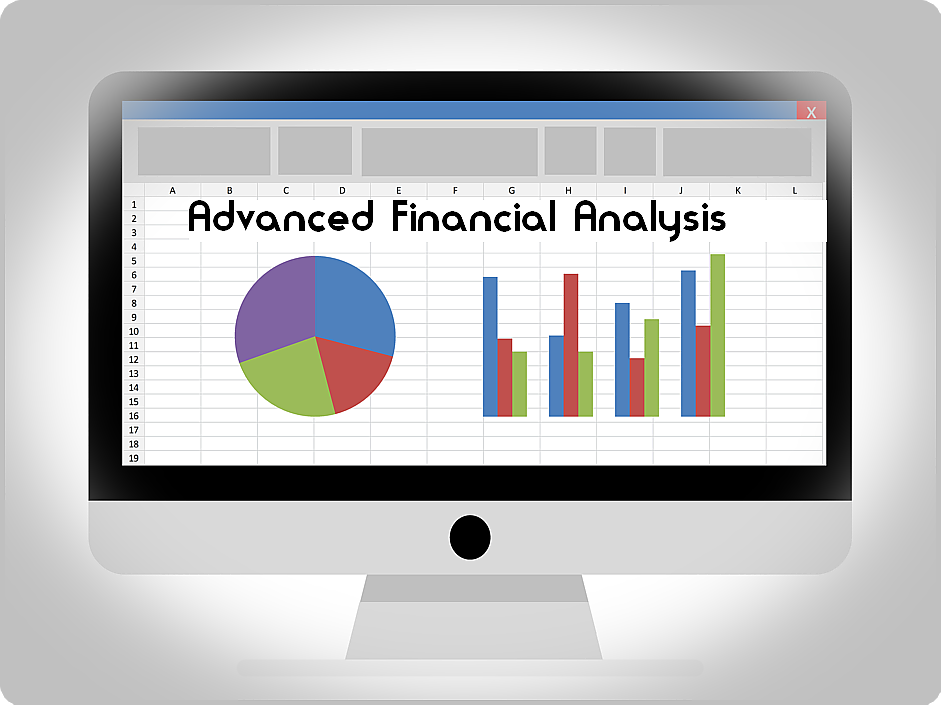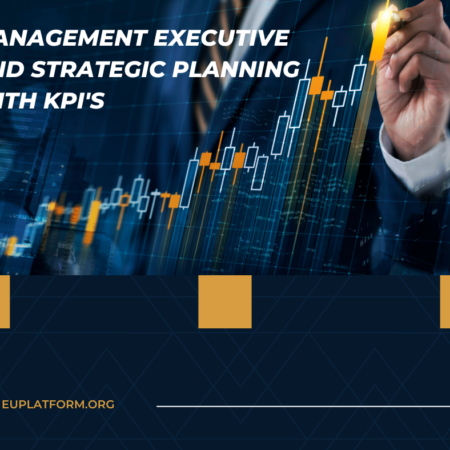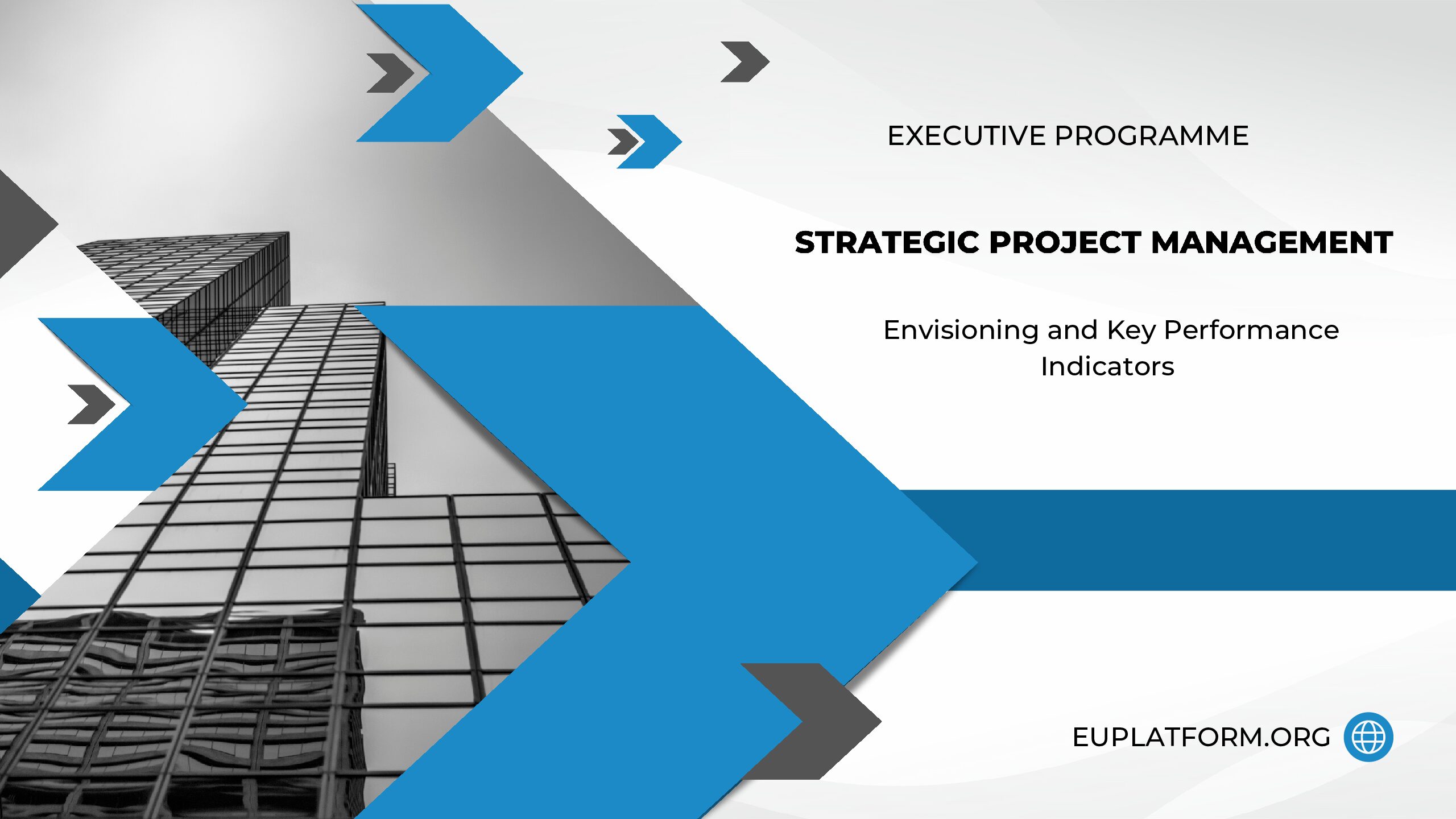Course Aims and Objectives
In today’s competitive business world firms are under unprecedented pressure to deliver value to their shareholders and other key stakeholders. Senior executives in all parts of the organisation are finding that they need some degree of financial know how to cope with the responsibility placed on them as business managers and key decision-makers; monitoring and improving business performance, investing in capital projects, mergers and acquisitions: all require some degree of financial knowledge. The main aim of this course is to empower and enable the participants to master advanced financial skills so that they can provide a formidable competitive advantage.
Course Methodology
This course has been designed with an understanding that the participants are having a basic understanding of financial accounting. Therefore, the course delivery is based on a mixture of classroom presentation, financial accounting exercise and problem solving and case study analysis about the failure of Kodak company along with BNP Paribas banking fraud.
Outcomes
After completing this course, participants will be able to:
- Understand fundamental business finance concepts; understand, analyse and interpret financial statements: Profit Statement, Balance Sheet and Cashflow Statement.
- Understand the vital difference between profit and cashflow; identify the key components of working capital and how they can be managed to generate strong cashflow.
- Evaluate pricing decisions based on an understanding of the nature of business costs and their impact on gross margin and break-even sales; managing pricing, discounts and costs to generate strong business profits; understand how lean manufacturing methods improve profit.
- Use powerful analytical tools to measure and improve the performance of their own company and assess the effectiveness of their competitors.
- Apply and interpret techniques for assessing and comparing investment opportunities in capital projects, business acquisitions and other ventures; understand and apply common methods of business valuation.
- Understand the role of business finance in formulating and implementing competitive business strategy; the role of budgeting as part of the planning process and the various approaches to budgeting and performance measurement.
Target Audience
This course is aimed at managers, executives, engineers and general business experts who want to learn or review the measures and concept of advanced financial account. Also, this course is for decision makers and business leaders who want to develop their organisation in terms of financial control and management.
Course Outline
The course Advanced financial analysis is divided into five core programme modules as described below:
- Basic principles
-
- Delivering value to key stakeholders
- Accounting concepts, GAAP, IFRS and common terms
- Understanding and using the balance sheet
- Understanding and using the profit statement
- Recognising the vital difference between profit and cashflow
- Understanding and using the cashflow statement
- What financial statements can and cannot tell us
- Managing and improving cashflow
-
- Sources of finance and their advantages and disadvantages
- What is working capital and why is it so important?
- Managing stocks, debtors and creditors
- Understanding how working capital drives business growth
- Understanding and avoiding the over-trading trap
- Unlocking the funds tied up in fixed assets: asset backed loans and leasing
- Managing and improving profit
-
- Understanding how profits generate cashflow
- The fundamental nature of costs: fixed and variable business costs
- Understanding gross margin and break-even
- How common pricing methods affect gross margin and profit
- Effective strategies to improve gross margin
- Using value chain analysis to reduce cost
- Measuring and managing business performance
-
- Measures of financial performance and strength
- Investor behaviour: the risk and reward relationship
- Return on investment (ROI): the ultimate measure of business performance
- How profit margin and net asset turnover drive return on net assets
- Why some companies are more profitable that others
- Understanding competitive advantage: cost and differentiation advantage
- Using a ‘Pyramid of Ratios’ to improve business performance
- Using Critical Success Factors to develop Key Performance Indicator
- Budgeting and forecasting methods
-
- Using budgets to support strategy
- Objectives and methods for effective budgets
- Using budgets to monitor and manage business performance
- Alternative approaches to budgeting
- Developing and implementing Balanced Scorecards
- Beyond Budgeting
- Forecasting methods and techniques
- Identifying key business drivers
- Using rolling forecasts and ‘what-if’ models to aid decision-making
Location and Date:
![]() London |
London |![]() 21 – 24 Oct 2024
21 – 24 Oct 2024
![]() Cardiff |
Cardiff | ![]()
EUPlatform reserves the right to alter dates, content, venue and trainer.
Course Fee:
Per Participant: £5375
Student Rate: £2665
Discount for group of 4 or more
Discount Plan and Refund:
Policies and Discounts
Group and Corporate Discounts:
We offer group and corporate discounts on many courses. These discounts are available for clients who want to maximize their return on investment.
Contact us for more Information
Individual Discounts:
We offer individual discounts on many courses for people who are self-sponsored and make their payment in full and upfront at the time of registration.
Contact us for more information.
4+1 Offer
For companies that want to maximize the return on their investment in training: Register 5 participants on the same course and dates and pay only for 4.
Registration Terms
Nominations to our public courses are to be processed by the client’s HR/Training department except for self-nominations which are to be paid in advance using the “payment by self” option on the online registration form. A refund will be issued back to the client in the event of course cancellation or seat unavailability. Registration confirmation is subject to Platform’s review of registration request and seat availability.
Cancellation Terms
If a confirmed registration is cancelled less than 5 calendar days prior to the course start date, a substitute participant may be nominated to attend the same course, or a 20% cancellation charge is applied.
Feedback and Complaints
EU Platform actively believes in continuous improvement. To this effect, EU Platform welcomes feedback related to its people, products or processes. If you have comments and/or suggestions which will ultimately help us improve in any way, please write to us on
fe******@eu********.org
and we commit to respond to you within 2 business days – at the most.
Course Features
- Lectures 0
- Quizzes 0
- Duration 1 week
- Skill level All levels
- Students 0
- Assessments Yes







